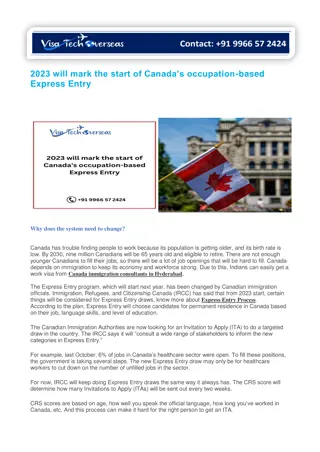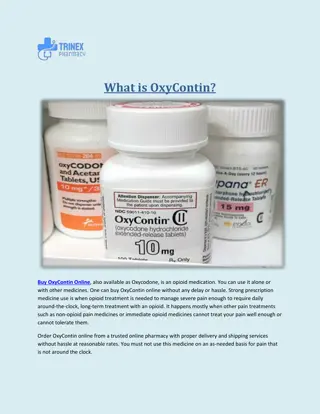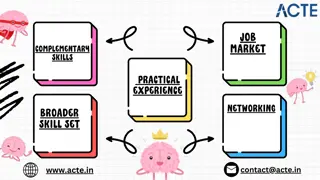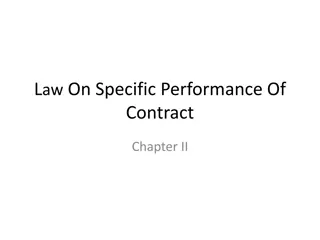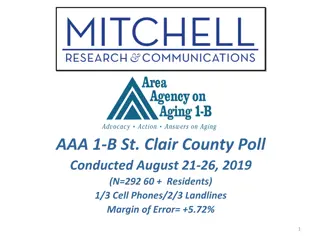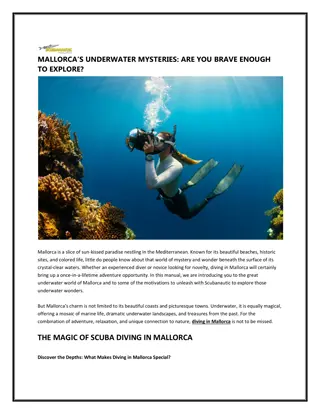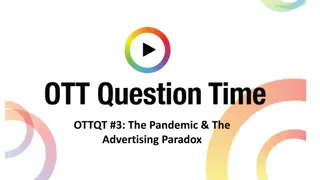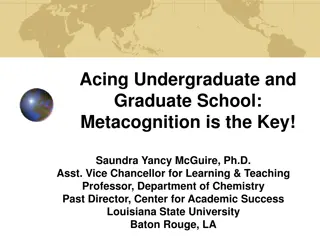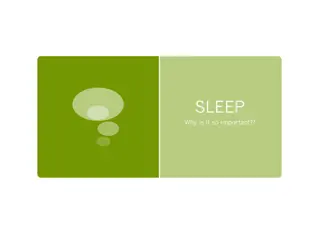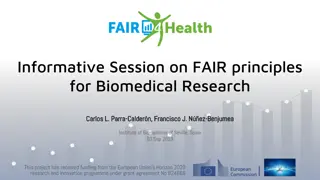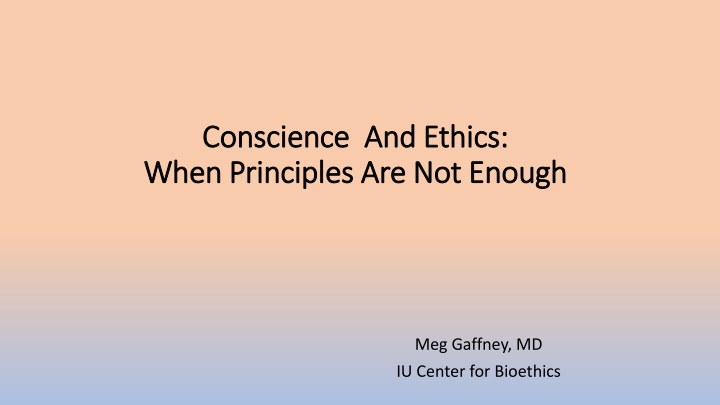
When Principles Are Not Enough When Principles Are Not Enough
Ethical dilemmas faced by healthcare professionals in challenging situations like refusal of blood transfusions by Jehovah's Witnesses and requests for physician aid in dying. Explore traditional ethical approaches and moral theories in navigating complex medical scenarios.
Download Presentation

Please find below an Image/Link to download the presentation.
The content on the website is provided AS IS for your information and personal use only. It may not be sold, licensed, or shared on other websites without obtaining consent from the author. If you encounter any issues during the download, it is possible that the publisher has removed the file from their server.
You are allowed to download the files provided on this website for personal or commercial use, subject to the condition that they are used lawfully. All files are the property of their respective owners.
The content on the website is provided AS IS for your information and personal use only. It may not be sold, licensed, or shared on other websites without obtaining consent from the author.
E N D
Presentation Transcript
Conscience And Ethics: Conscience And Ethics: When Principles Are Not Enough When Principles Are Not Enough Meg Gaffney, MD IU Center for Bioethics
Jehovah Witness Case Jehovah Witness Case A 26 year old man with Crohn s disease presents to the ED with toxic megacolon and a lower GI bleed. His hemoglobin is 6.4, white cell count is 16.7. He is alert, oriented and appears competent. Despite resuscitative procedures, he continues to bleed. Emergent total colectomy is scheduled. The young man agrees to surgery, but states that he is a Jehovah s Witness and will not accept blood transfusions under any circumstances. His wife and family (parents) support his decision. The anesthesiologist is torn but states she will not transfuse the patient during surgery, even if it results in his death. The senior surgeon states that he has an obligation to do everything he can for the patient, and that it would be wrong to stand by and let a man under his care die unnecessarily. The surgeon will not operate under these conditions. The patient will likely die without both surgery and transfusions.
Physician Aid in Dying Physician Aid in Dying A 68 year old woman has advanced, metastatic breast cancer. She was diagnosed about 5 years previously and has received aggressive care, including surgery and chemotherapy. These provided a nice remission, but the cancer has returned and is progressing relentlessly. Her oncologist is deeply committed to her care but has reluctantly concluded he has run out of non-palliative options. The patient understands and accepts that her death is approaching. Currently, the patient is home and bed-bound, unable to eat much, and suffering excruciating pain related to bone metastases. She had been enjoying visits from her daughter and 2 young grandchildren, but recently the pain has been so severe she has struggled to maintain composure in front of them, and has asked her daughter not to come any more. The patient, during her doctor s next visit, requests information about and medication to help her end her life soon, rather than continuing to suffer an agonizingly slow death. Her doctor is conflicted.
Traditional Approaches 1. Four principles: Autonomy, Beneficence, Non-maleficence, Justice 2. Moral Theories: Consequentialism (teleology), Deontology, Virtue Ethics 3. Integrated approach, Rushworth Kidder (care-based and duty-based) 4. Casuistry best-fit
Medical Patient Indications Preferences Beneficence Autonomy Quality of Life Socioeconomic Burdens and Benefits Factors Justice
Moral Theories Consequentialism the (moral) goodness or rightness of an action depends almost entirely on the outcomes Ends justify means Also known as utilitarianism or teleology Deontology deon duty: the moral rightness of an act is based on principles or rules The question is: What is the highest rule to be followed, or what is the one rule [commandment] that I never want to break? Virtue What would a good person (spouse, parent, teacher, parishioner, minister, etc.) do? Related to the Golden Rule: to treat others as I would like to be treated.
Kidders Dilemma Paradigms Justice vs. Mercy Truth vs. Loyalty Individual vs. Community Short term vs. Long term
Limitations of traditional approaches Principles (and prima facie duties) conflict; circumstances may not permit their application Consequentialism: ends may not be clear or may conflict; ends may include unacceptable breach of a highest principle Virtue is sometimes debatable, personal
Language Medical language science, objective, fact-based Value neutral?? Moral language IS the language of values, virtues, choice And at some point - personal
INDIANAUNIVERSITYCONSCIENCEPROJECT CONSCIENCETHEORY INTRINSICVALUES DOMAINS STAGES INVARIANTHIERARCHICALSTAGES* INTERDEPENDENTDEVELOPMENTALDOMAINS INTRINSICVALUES 10
INDIANAUNIVERSITYCONSCIENCEPROJECT CONSCIENCEDOMAINSINTRINSICVALUES CONCEPTUALIZATIONOFCONSCIENCE / MORALIMAGINATIONMEANING MORALIZEDATTACHMENT CONNECTEDNESS MORAL-EMOTIONALRESPONSIVENESSBALANCE MORALVALUATION WORTH MORALVOLITION FREEDOM Stilwell, et al, 1991, 1994, 1996, 1997,1998
Application to JW case: 3 moral participants The Patient: autonomous choosing (volition) Attachment? Valuation? MER? The Anesthesiologist: professional values, principles MER? Attachment? Volition? The Surgeon: professional values, principles MER? Attachment? Volition?
Physician Aid in Dying Principles and theories The Patient: volition, attachment, values, MER The Doctor: values, attachment, MER, volition
Thank you IU Conscience Works https://scholarworks.iupui.edu/communities/59518667-4801-4862- a9fb-535befdac0ec


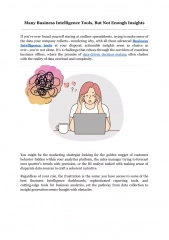
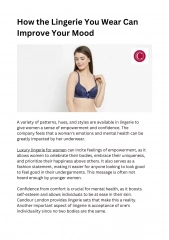
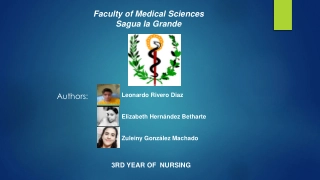

![[PDF] DOWNLOAD Spell of the Highlander: The Highlander Series, Book 7](/thumb/42282/pdf-download-spell-of-the-highlander-the-highlander-series-book-7.jpg)
